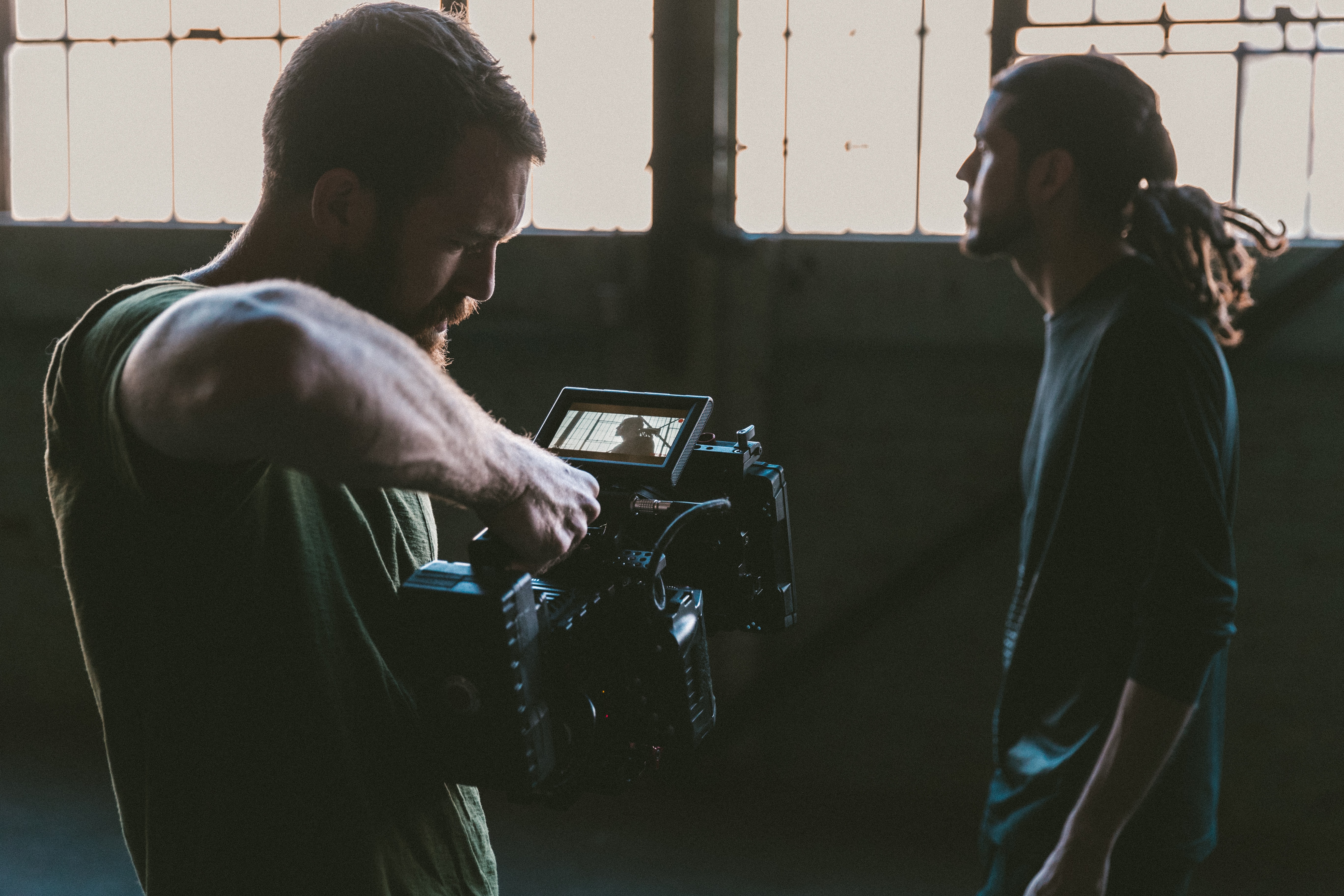
While the ongoing pandemic has undoubtedly changed how life functions in many different areas, whether this be personal, business, or day-to-day interactions, one area that has been heavily impacted is the entertainment industry. The film production industry, in particular has had to adapt to COVID-19 guidelines and social distancing regulations, as have both scripted television shows and the reality TV industry.
Michael Eaton, professor of film at California Baptist University, said the extent of these changes has affected nearly every aspect of how the industry now functions — or does not function.
“The main impact has been the economic devastation for the workers and their families, not just in the entertainment industry but throughout many industries worldwide,” Eaton said. “The forced global shutdown of economic activity for many months has impacted not just the entertainment industry workers themselves but many of the support businesses that engage with the entertainment industry in many ways, including distribution and exhibition.”
Eaton normalcy within the film industry could return as soon as the end of 2021 if all goes according to plan, but the changes due to COVID-19 could make permanent changes to the way the industry functions long into the future.
“There are some shifting sands that were already trending before the pandemic, such as the shift from the exhibition sector to streaming. It’s still unclear how or if lost revenues from movie theater exhibition will be realized in streaming, but as I said that trend was already impacting the industry before the pandemic,” Eaton said. “The global appetite for filmed entertainment in whatever delivery medium, such as streaming, will remain strong throughout many cultures of the world well into the future.”
Eaton also said that another area of the entertainment industry that has struggled during the pandemic are movie theaters. However, there is still hope for these establishments. “I personally believe that many people will again want to see movies in theaters with fellow audience members and that the supposedly dead drive-in movie theater sector might be an economic opportunity in some communities,” Eaton said.
Gabrielle Flores, a senior film studies major, said that COVID-19 restrictions in the film industry have extended into her life as a film student.
“I was looking for a summer internship in 2021 and they canceled a majority of them. It’s affected my ability to learn as I am a very visual and hands-on learner, as well as the opportunity to do some shoots for my portfolio,” Flores said.
Flores also had insights into how specific jobs within the industry are being hit harder than others.
“COVID is affecting the ways the film industry holds, shoots and puts out films,” Flores said. “For example, they are releasing them straight to streaming services or drive-ins. A lot of people in the industry, such as grips and camera operators, can’t get work so they are finding alternative ways of income.”
Torrin Diaz, senior film production major said that one of the main ways the pandemic has impacted the industry is through distribution methods.
“I think COVID-19 has solidified streaming services as the main mode of consuming media in everyday life. I have no doubt that there will be a huge rise in content being made for and distributed on streaming platforms,” Diaz said. “But as we move on from this pandemic, I hope and believe movie theaters will thrift as they offer us the unique opportunity to enjoy cinema within our greater community.”
Considering the impact the pandemic currently has on the production side of the industry, it will certainly also impact the way audiences interact with film going forward.


